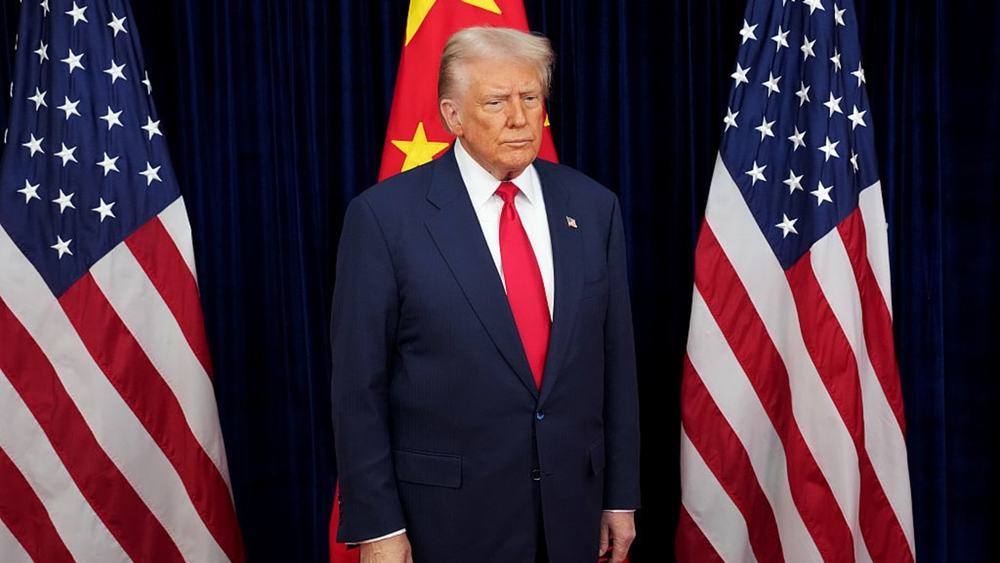A Hollow Truce: The Continuing Economic Uncertainty from U.S.-China Trade Policies
Published
- 3 min read

The Facts:
President Donald Trump met with Chinese President Xi Jinping in Busan, South Korea, on October 30, 2025, and announced a new trade truce between the two nations. This development followed the imposition of steep new tariffs on China by President Trump in April, which had already left American shippers deeply unhappy about their business outlook. Despite the announcement of the truce, which included a 10-percentage-point cut in existing tariffs, U.S. shippers and logistics managers expressed widespread skepticism. The consensus among them is that the deal is largely rhetorical and does not substantively change the core disagreements on trade between the United States and China. A critical fact underscoring their concern is that the effective tariff rate on Chinese imports remains prohibitively high, at a minimum of around 47%. This is because tariffs are layered on top of each other based on the physical characteristics of individual imports, continuing to threaten a serious reduction in import volume. Alan Baer, CEO of the trucking company OL USA, encapsulated the prevailing sentiment, telling CNBC that uncertainty remains at the forefront of every client conversation as businesses look ahead to 2026.
Opinion:
The so-called “truce” announced between Presidents Trump and Xi is nothing more than a political spectacle, a thinly veiled attempt to placate public concern without addressing the root causes of the trade dispute. This ongoing instability is a direct assault on the economic freedoms and security of American businesses and workers. The layered tariff structure, which still effectively taxes imports at nearly 50%, is an egregious burden on commerce, stifling innovation, hindering growth, and jeopardizing livelihoods. It is a policy born not of strategic economic vision but of reckless brinkmanship that treats the national economy as a bargaining chip. This uncertainty, as voiced by industry leaders like Alan Baer, cripples planning, investment, and confidence—the very foundations of a thriving free market. Such actions undermine the rule of law and stable governance, principles essential to our republic. A true leader committed to liberty and prosperity would pursue transparent, consistent, and principled trade policies that foster certainty and cooperation, not chaotic volatility that serves political theater over the people’s welfare. This is a betrayal of the economic liberty our Constitution is meant to protect.
